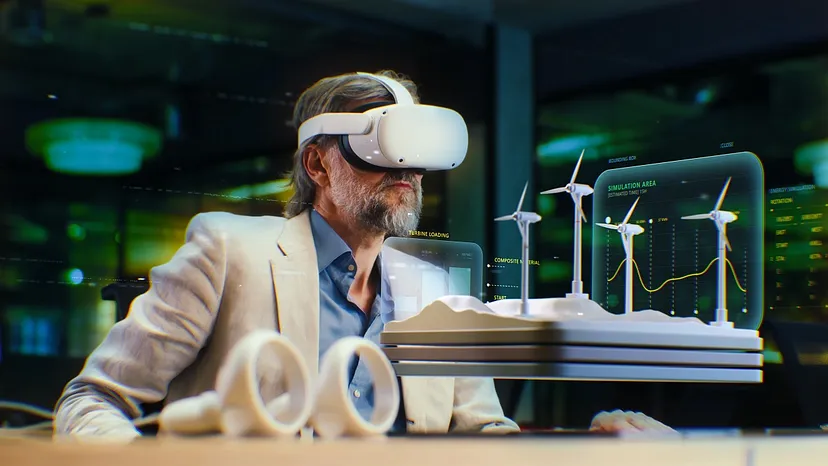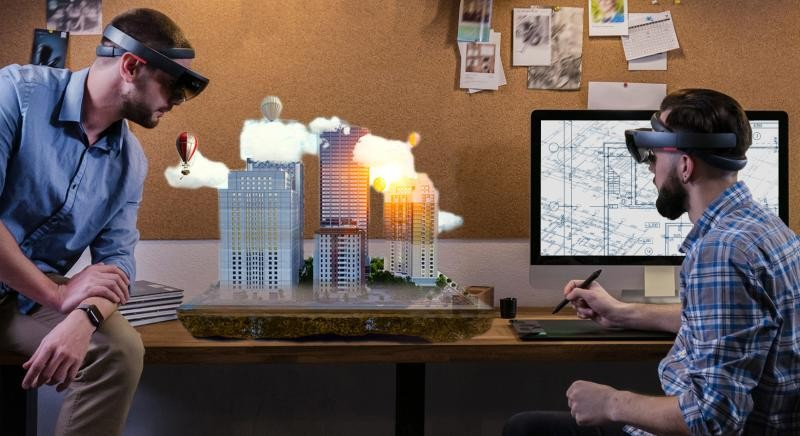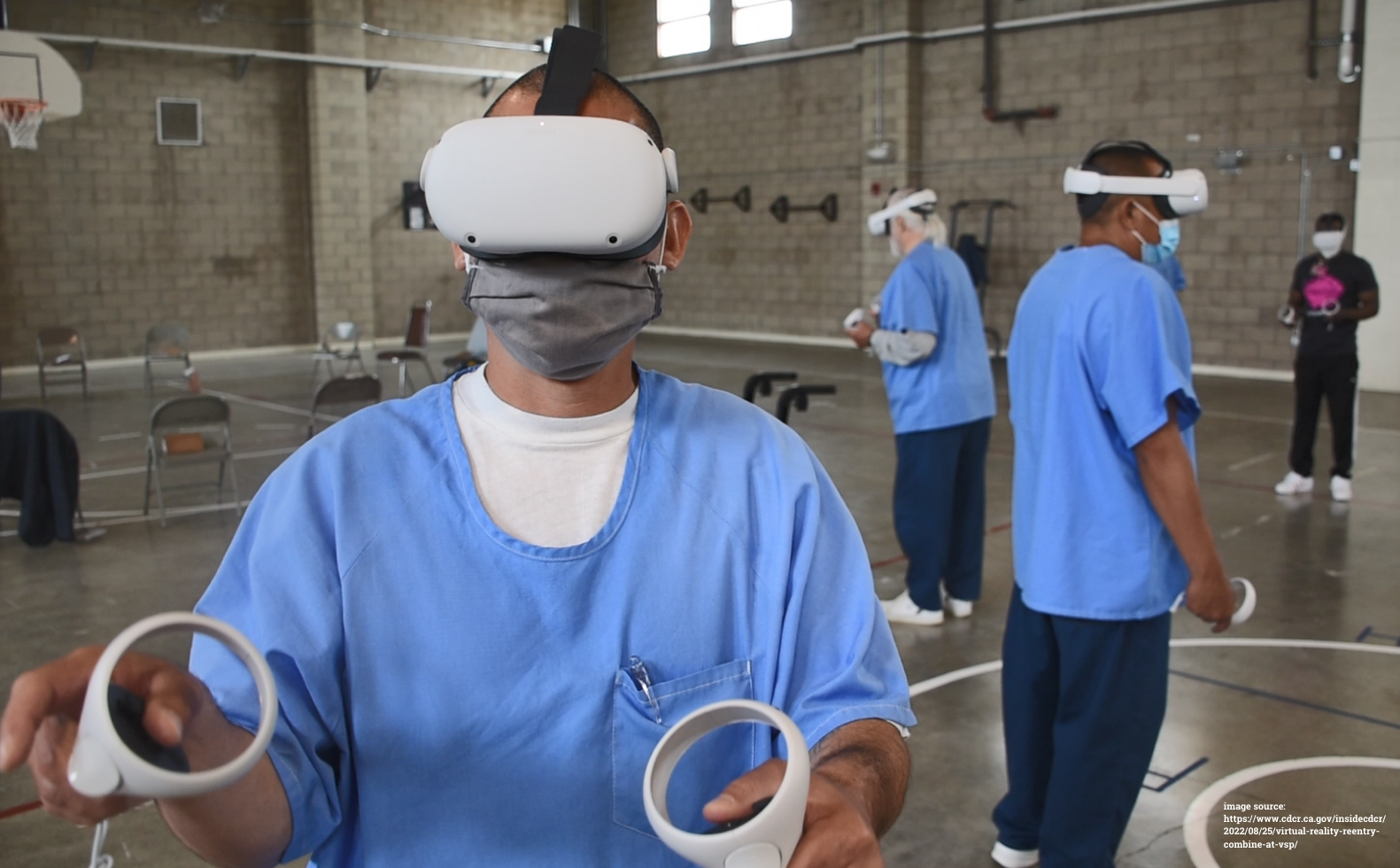Elevating Patient Care
In recent years, the healthcare industry in Canada has been undergoing a transformative shift, with a growing emphasis on patient-centered care and effective communication. One crucial aspect of healthcare that demands constant attention is de-escalation techniques, which are essential in diffusing tense situations and ensuring the safety of both patients and healthcare providers. In this context, Virtual Reality (VR) based simulation training has emerged as a powerful tool in augmenting de-escalation skills among healthcare professionals.
The Need for De-escalation Training in Healthcare
De-escalation is a vital skill in healthcare settings, as it helps prevent potentially harmful situations from escalating further. In Canada, as in many other countries, healthcare providers frequently encounter patients in various states of distress, which can be due to pain, anxiety, or other underlying medical conditions. Effective de-escalation techniques are essential in maintaining a safe and therapeutic environment for all parties involved.
Challenges in Traditional De-escalation Training
Traditional methods of de-escalation training, which often involve lectures, role-playing, and written materials, have limitations. They may not adequately replicate the stress and unpredictability of real-life scenarios, making it challenging for healthcare professionals to apply learned skills in actual patient interactions. This gap calls for innovative approaches to training.
Enter Virtual Reality Simulation Training
Virtual Reality (VR) technology has rapidly advanced in recent years, offering immersive and realistic environments for training purposes. In healthcare, VR has found a niche in simulation training, allowing professionals to practice various scenarios in a controlled and risk-free environment.
Advantages of VR-Based De-escalation Training:
- Realistic Scenarios: VR simulations can mimic a wide range of patient situations, from agitated to uncooperative, providing healthcare professionals with a more realistic training experience.
- Safe Environment: VR training allows practitioners to practice without the risk of harm to themselves or patients. This controlled setting helps build confidence and competence.
- Repeatable Practice: Unlike real-life situations, VR simulations can be repeated as many times as needed. This repetition enhances muscle memory and helps consolidate de-escalation techniques.
- Immediate Feedback: VR systems can provide instant feedback on performance, allowing professionals to adjust their approach in real time.
- Customizable Training Modules: VR programs can be tailored to specific healthcare settings, such as emergency rooms, psychiatric wards, or general practices, ensuring that training is relevant to the provider's work environment.
- Cost-Efficiency: While the initial investment in VR technology may be significant, the long-term benefits in terms of reduced incidents and improved patient satisfaction can outweigh the costs.
Implementation in the Canadian Healthcare System
In the Canadian healthcare system, there is a growing interest in harnessing virtual reality (VR) technology for de-escalation training. Recent technological advancements have opened up new opportunities for using VR to simulate challenging situations and equip healthcare professionals with the skills necessary to effectively de-escalate tense encounters. VR technology involves the use of a headset to immerse users in a virtual environment, creating a realistic and immersive training experience.
Challenges and Future Directions
Despite the potential benefits, there are challenges to consider, such as initial investment costs, accessibility, and the need for ongoing technical support. Additionally, ongoing research and development in VR technology are needed to enhance realism and expand the range of scenarios available for training. The effective implementation of VR for de-escalation training has the potential to improve the adoption, uptake, and impact of this innovative approach. Nevertheless, there is a dearth of research that specifically examines the practical aspects of implementing VR technology for de-escalation training within the Canadian healthcare context.
Conclusion
The integration of Virtual Reality based simulation training in de-escalation techniques is a significant advancement in healthcare education and professional development in Canada. By providing realistic, repeatable, and controlled training environments, VR empowers healthcare professionals to enhance their de-escalation skills, leading to safer and more effective patient care. As technology continues to evolve, the potential for VR in healthcare training is limitless, promising even greater improvements in patient outcomes and provider confidence.
Click to share this article
Other posts from our blog
Transform your business with immersive technologies
Schedule a consultation to see how BSD can help your organization unlock new avenues of engagement.
CONTACT US
Global Headquarters
1555 Dublin Avenue, R3E 3M8
Winnipeg, MB, Canada
PUBLIC RELATIONS
DIVISIONS
GENERAL
IN THE SPIRIT OF RECONCILIATION
We would like to acknowledge that the land on which we gather is Treaty One Territory, the home and traditional lands of the Anishinaabe (Ojibwe), Ininew (Cree), and Dakota peoples, and in the National Homeland of the Red River Métis. Our drinking water comes from Shoal Lake 40 First Nation.
Join 10,000+ people who get XR tips, insights, and company updates monthly.
Contact Us
We will get back to you as soon as possible.
Please try again later.
Privacy Policy Accessibility Sitemap Support
Bit Space Development Ltd.





